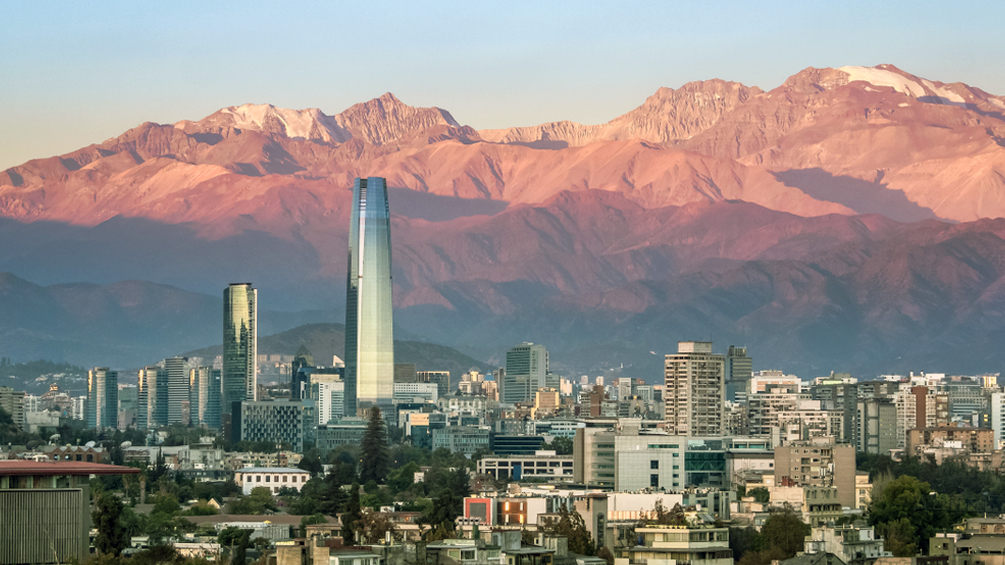Chile
Chile Culture Overview1,2
- Capital: Santiago
- Population: approx. 20 million
- Official Language: Spanish
- Currency: Chilean Peso
- The southernmost country in the world and closest to Antarctica.
- Chile’s extreme long length offers it a variety of climates from tropical in the north to cold subantarctic in the south.
- Santiago is the home of the tallest building, Gran Torre Santiago (64-story skyscraper), in Latin America.
- Algarrobo City is the home to the Guinness Book of Records largest swimming pool in the world – San Alfonsos del Mar.
Tips On Moving to Chile
What Do You Need to Enter Chile?3
- Valid Passport
- Visa (required for stays of 90 days or more)
- Tourist Card (Tarjeta de Turismo) – will be given to you upon arrival and valid for up to 90 days. It must be returned upon departure.
- Proof of financial stability – demonstrate financial capability during stay
Customs and Declarations4
All passengers entering Chile are required to declare their belongings by completing a customs declaration form, DUS (Declaración Única de Salida) along with an entry summary declaration, DUE (Declaración Única de Salida).
Major restricted items:
1. Weapons, firearms, and ammunitions are strictly prohibited for importation without proper authorization from the relevant authorities.
2. Narcotic drugs, psychotropic substances, and any other controlled substances are also prohibited for importation.
3. Counterfeit goods, infringing products, and items that violate intellectual property rights are restricted from entering the country.
4. Certain agricultural products, such as fruits, vegetables, plants, and seeds, may be restricted due to phytosanitary regulations to prevent the spread of pests and diseases.
5. Cultural heritage items, including antiques and historical artifacts, may require special permits for importation.
Helpful numbers in case of emergencies in Chile5
There are several important emergency numbers to know in case you ever experience an emergency or need emergency help:
a) Police (133)
b) Ambulance (131)
c) Fire (132)
Passing Away in Chile6
The person reporting the death must obtain a death certificate, issued by a health professional, and register the death within 72 hours after the occurrence. After 72 hours, judicial authorization is required to register. Registration is done at the Civil Registry office in the location the death occurred.
The death should also be reported to the relevant embassy or consulate.
The following information is required when reporting/registering a death:
- The deceased's full name, date and place of birth, address
- Required documentation- the deceased’s passport, residence card, death certificate
- The date and place of death
Repatriating Mortal Remains
The repatriation of a body to the home country requires the help of the relevant local embassy or consulate. Consular officials can assist in organizing repatriation and obtaining appropriate documentation.
When repatriation of the body is requested, funeral homes or crematoriums in Chile will temporarily hold the remains while arrangements are made.
The cost of repatriation covers transportation and essential documentation, which may include:
- A certified Copy of the Death Certificate
- An embalming certificate (if required by the destination country)
- A certificate confirming the coffin complies with International Air Transport Association (IATA) regulations.
- Export/Import permit
- Permit of non-contagious disease (if required by the destination country)
- Any other essential legal documents

